
Elevated Triglycerides in Major Depressive Disorder: A Metabolic Signal We Should Not Ignore
Major depressive disorder (MDD) is increasingly recognized not only as a disorder of mood, but also as a condition involving systemic biological changes. While much attention has focused on inflammation, neurocircuitry, and neurotransmitters, metabolic markers—particularly lipid abnormalities—may provide important additional…

Treatment-Resistant Depression vs Difficult-to-Treat Depression: Why the Distinction Matters
Over the past two decades, the term treatment-resistant depression (TRD) has become central to clinical practice, research, and policy discussions in psychiatry. More recently, a related concept—difficult-to-treat depression (DTD)—has gained traction, prompting essential conversations about how we define, study, and…

A Ketogenic Diet for Treatment-Resistant Depression: What a New Randomized Trial Tells Us
Interest in metabolic interventions for psychiatric disorders has grown rapidly over the past decade. Among these, the ketogenic diet (KD)—a high-fat, very low-carbohydrate dietary approach—has generated particular enthusiasm, driven by preclinical data and case reports suggesting potential antidepressant effects. Until…

ECT vs Ketamine for Depression: Why Time Matters in Treatment Response
Electroconvulsive therapy (ECT) and ketamine are among the most effective and rapidly acting treatments available for patients with severe and treatment-resistant depression. Over the past several years, multiple randomized trials and meta-analyses have compared these two interventions—yet conclusions have often…
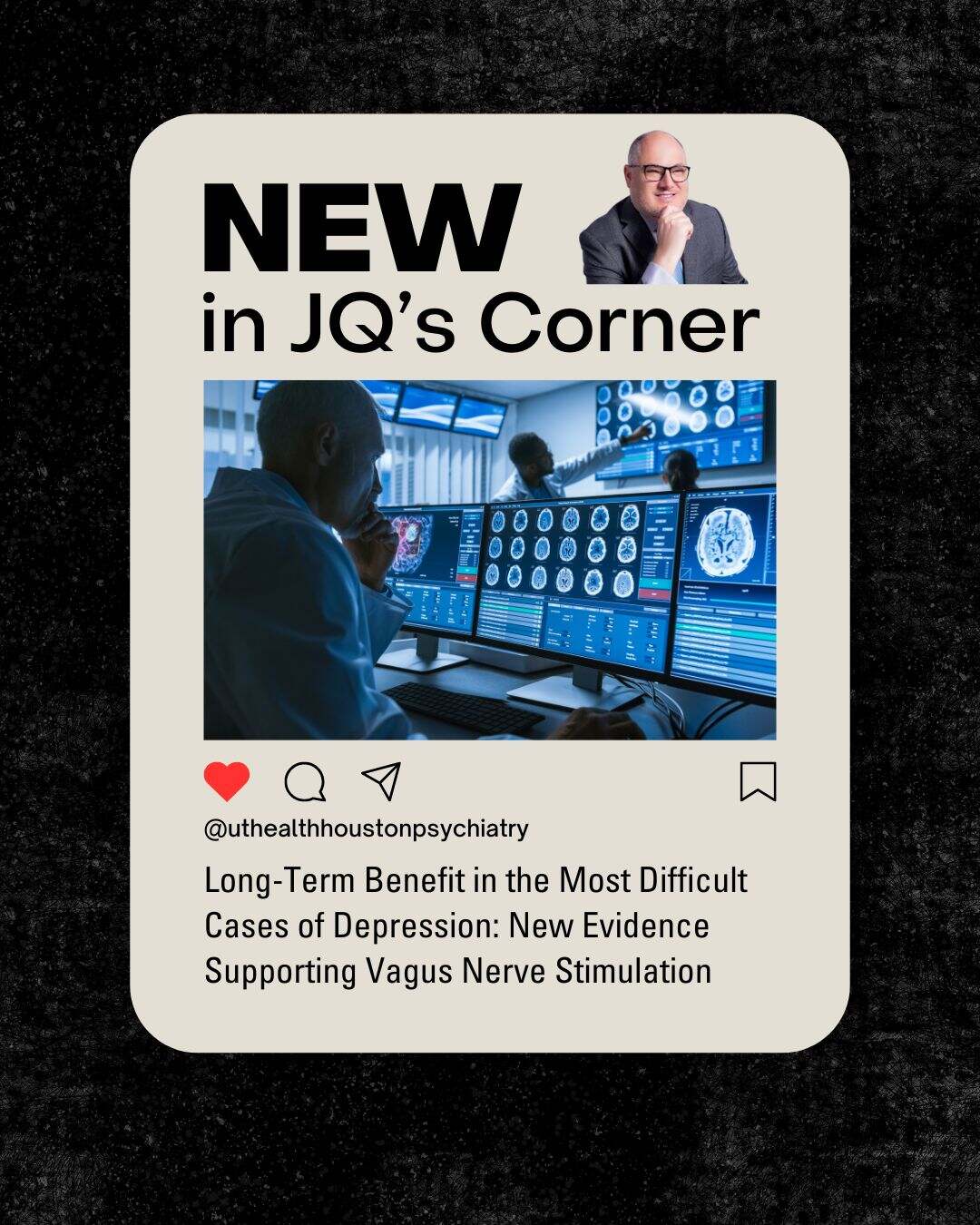
Long-Term Benefit in the Most Difficult Cases of Depression: New Evidence Supporting Vagus Nerve Stimulation
Achieving improvement in treatment-resistant depression (TRD) is difficult—but maintaining that improvement over time is often even harder. Patients with marked levels of treatment resistance not only respond less frequently to antidepressant interventions, but when they do respond, relapse rates are…
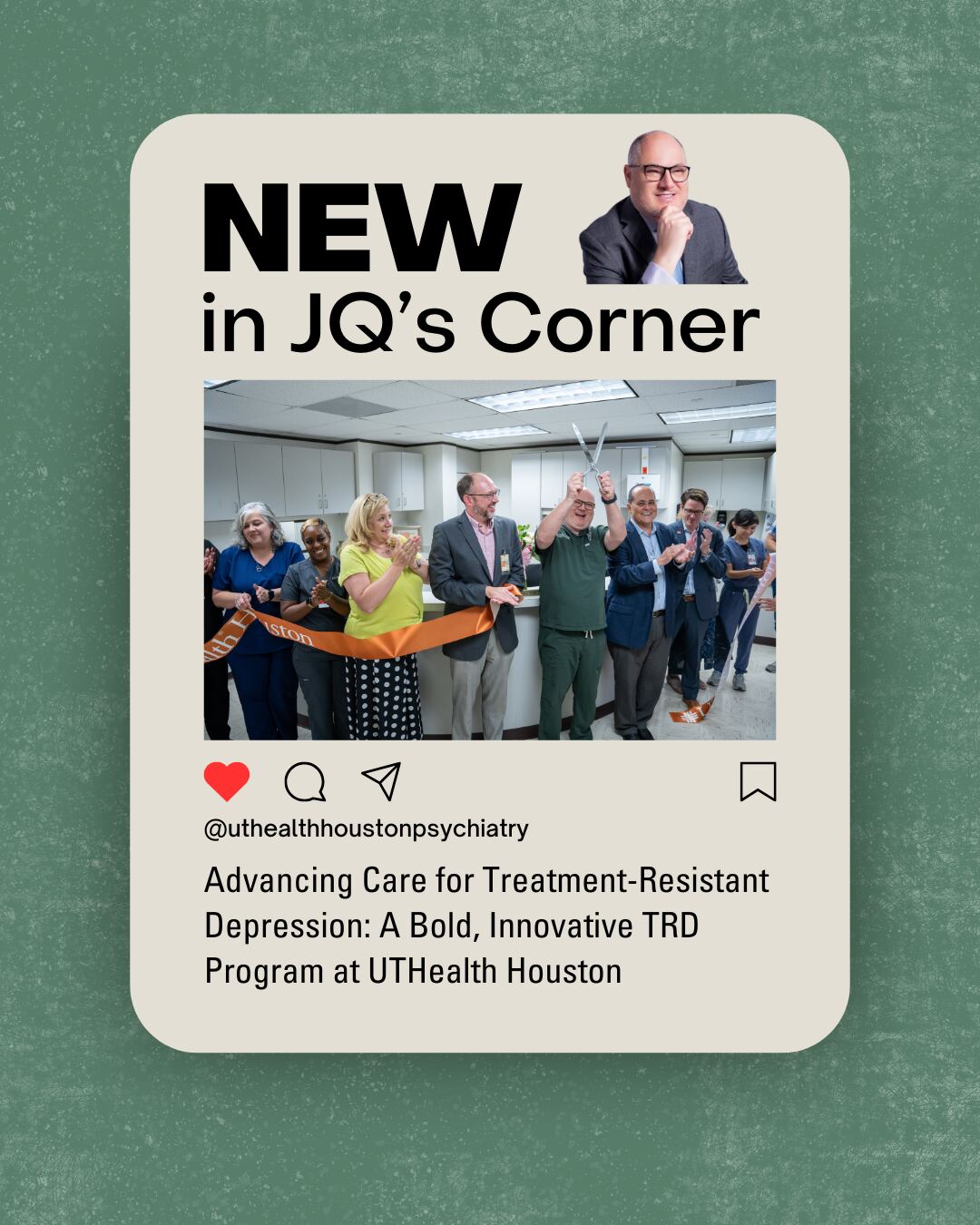
Advancing Care for Treatment-Resistant Depression: A Bold, Innovative TRD Program at UTHealth Houston
Treatment-resistant depression (TRD) remains one of the most complex and disabling conditions in psychiatry. For individuals who do not respond to conventional antidepressants, the path to recovery is often prolonged, fragmented, and frustrating. Recognizing this unmet need, UTHealth Houston has…
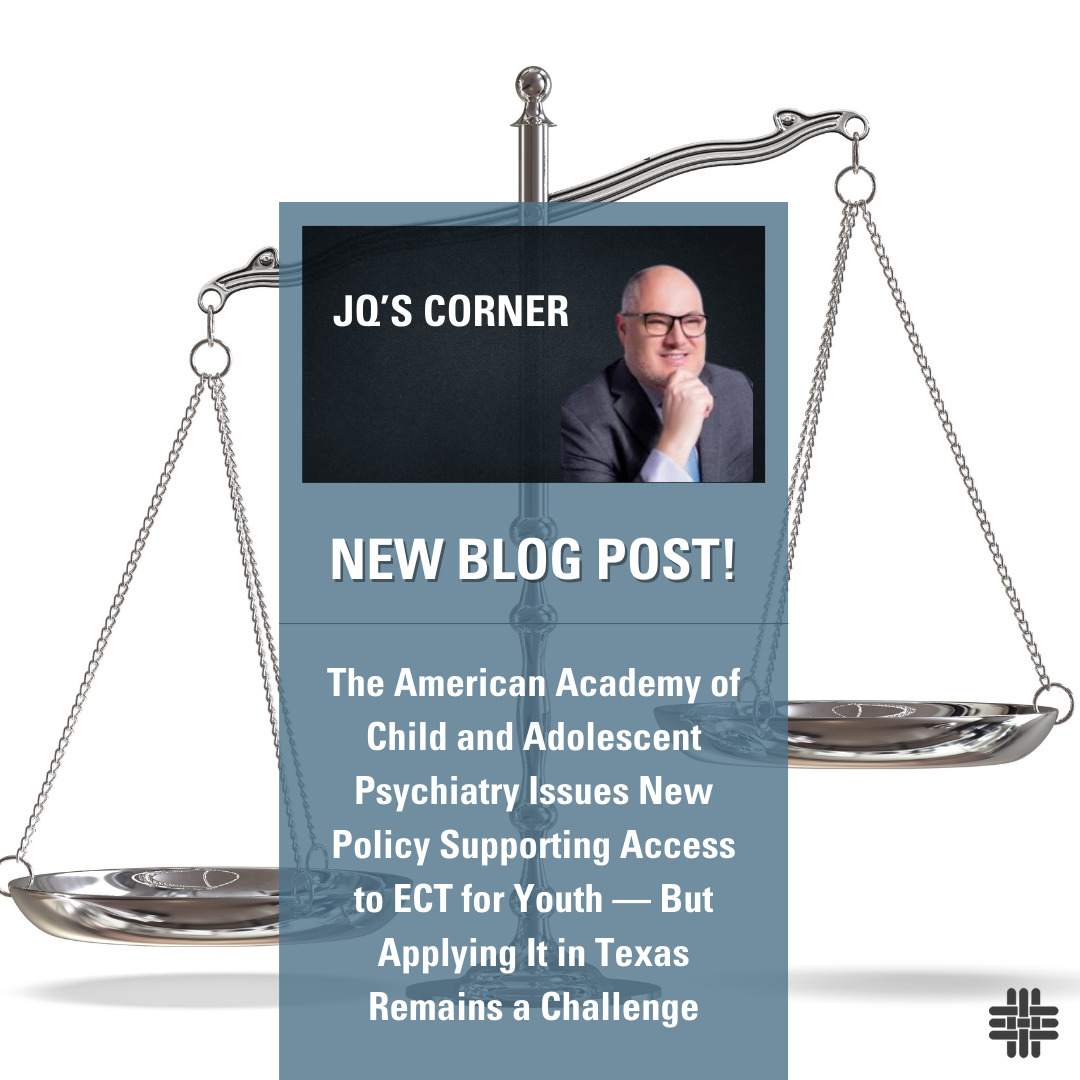
The American Academy of Child and Adolescent Psychiatry Issues New Policy Supporting Access to ECT for Youth — But Applying It in Texas Remains a Challenge
Electroconvulsive therapy (ECT) is one of the most effective and life-saving treatments for severe depression, catatonia, and other treatment-resistant psychiatric conditions. While historically misunderstood, modern ECT is safe, evidence-based, and recommended by all major psychiatric organizations. In February 2025, the…
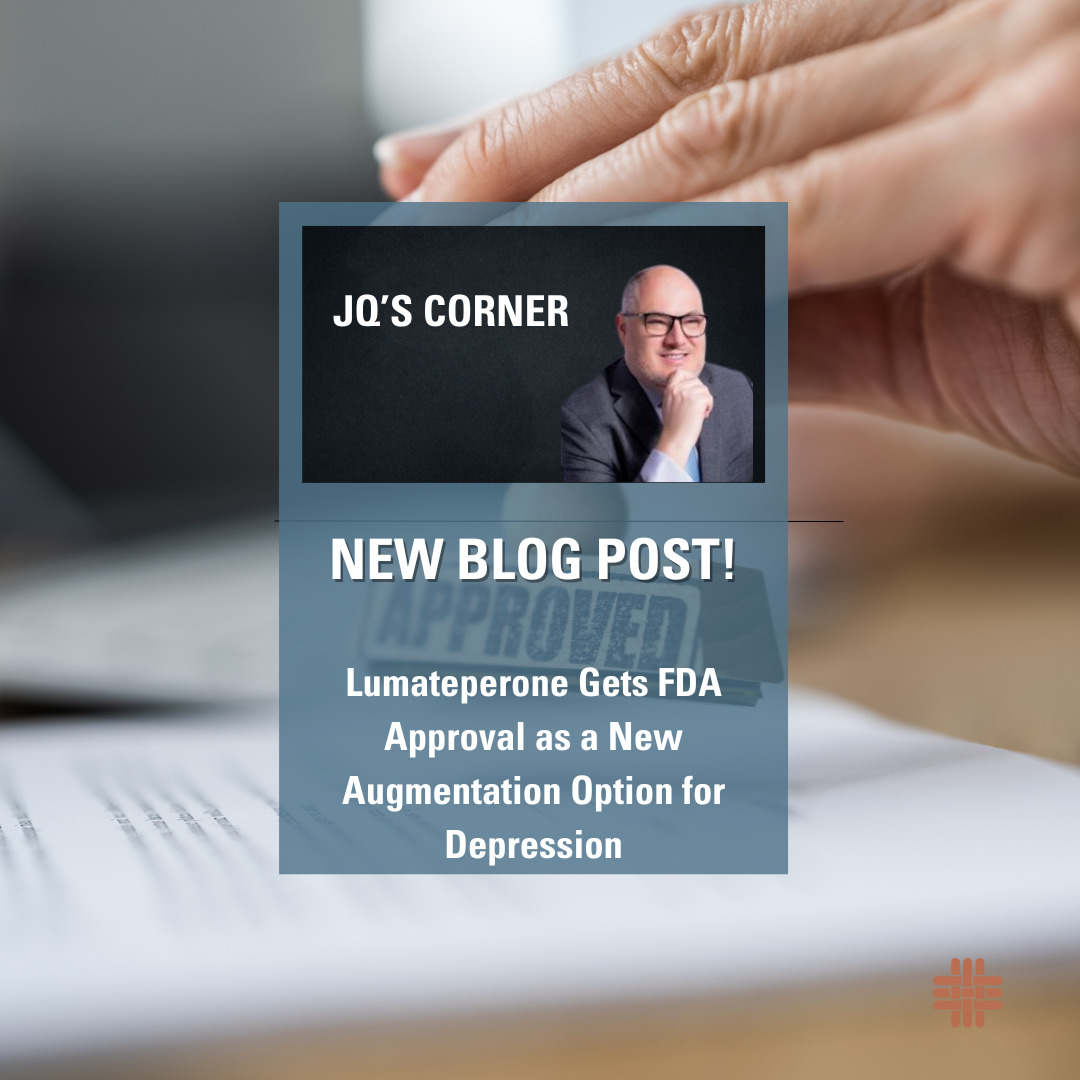
Lumateperone Gets FDA Approval as a New Augmentation Option for Depression
For adults living with major depressive disorder (MDD), antidepressants alone don’t consistently deliver complete relief. In fact, up to two in three individuals continue to experience residual symptoms despite adequate treatment. The recent FDA approval of lumateperone as an adjunctive…
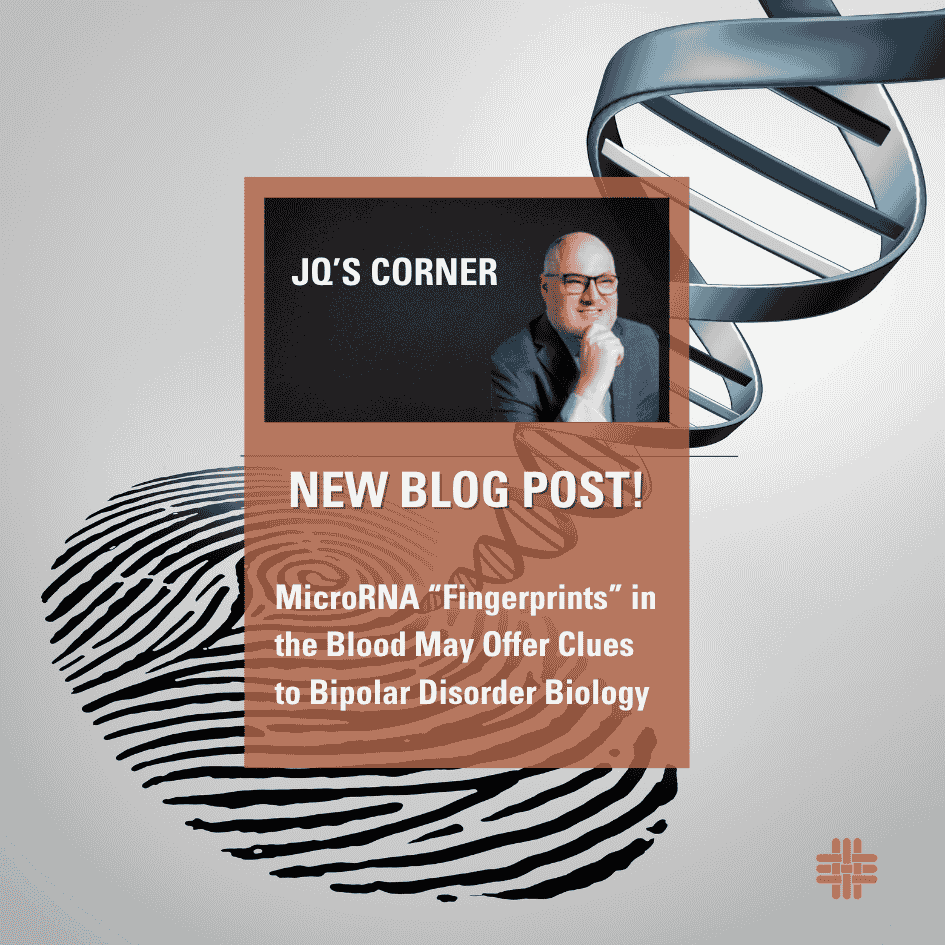
MicroRNA “Fingerprints” in the Blood May Offer Clues to Bipolar Disorder Biology
A New Window into the Bipolar Brain Bipolar disorder (BD) affects more than 40 million people worldwide, yet its biological underpinnings remain incompletely understood. A new study led by researchers at UTHealth Houston and published in Epigenomics identifies distinctive microRNA…

How Childhood Trauma May Leave Molecular Scars in the Brain: New Insights into Bipolar Disorder
Understanding the Long Shadow of Early Adversity Childhood maltreatment—emotional neglect, abuse, or deprivation—can leave lasting marks on both mind and body. In psychiatry, it has long been associated with the development and course of bipolar disorder (BD). But how, at…